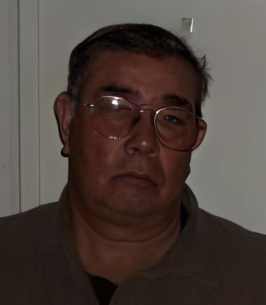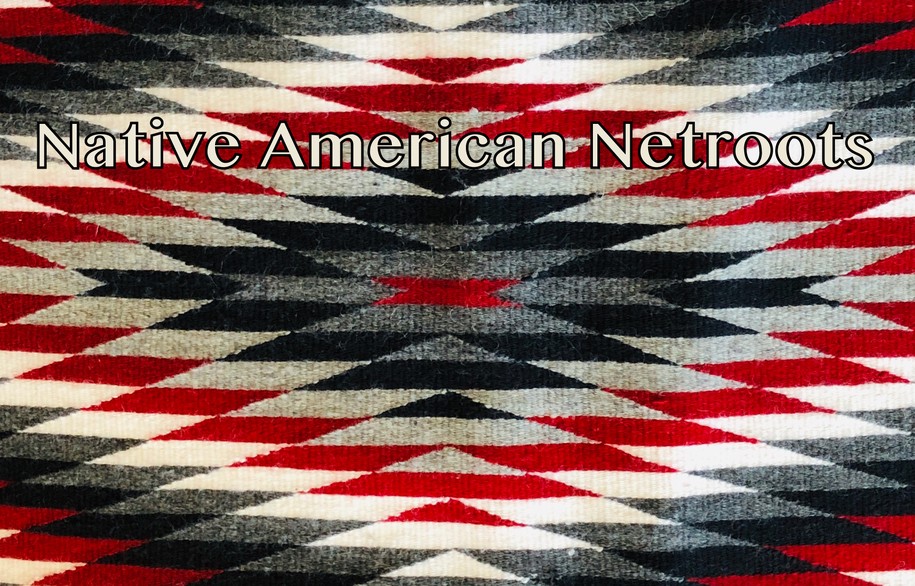April 5, 2023
New minor in Native American and Indigenous Studies finds strength in partnerships with New Jersey tribal communities
Posted in: Homepage News, Humanities and Social Sciences
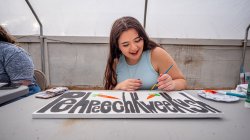 Farrah Fornarotto, a junior majoring in Anthropology, with minors in Archaeology and Native American and Indigenous Studies, paints a garden sign with the Munsee language word for carrot.
Farrah Fornarotto, a junior majoring in Anthropology, with minors in Archaeology and Native American and Indigenous Studies, paints a garden sign with the Munsee language word for carrot.
A month ago, with fields on the Munsee Three Sisters Medicinal Farm empty and snow-covered, a group of Montclair State University students and their professors began the work of getting the farm ready for spring. Hand painting garden signs, they joined efforts to advance Indigenous food sovereignty, and – in writing on those signs “pehpeechkweekush” for “carrot” and other crops in the Munsee language – they were also planting seeds to help revive a Native American language.
“It’s definitely a great place to start, but hopefully it’s not where we stop,” says Farrah Fornarotto, a junior majoring in Anthropology, with minors in Archaeology and the new Native American and Indigenous Studies. “There’s a lot to tackle.”
The challenges date back decades. Munsee Three Sisters Farm provides traditional food for the Turtle Clan of the Ramapough Lunaape (Lenape) Nation, a tribe that can no longer safely farm its own land in Upper Ringwood, New Jersey. Environmental and health issues caused by industrial dumping have led to a generational decline in the Turtle Clan members’ ability to practice their culture, including the Munsee language, which is at risk of becoming as dormant as the winter fields.
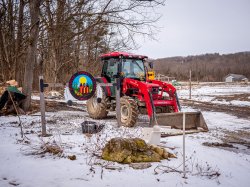 An intensive, field-based partnership with the Turtle Clan Ramapough includes work at the Munsee Three Sisters Farm, where Montclair students and professors are helping the tribe’s Indigenous food sovereignty and language revitalization efforts….
An intensive, field-based partnership with the Turtle Clan Ramapough includes work at the Munsee Three Sisters Farm, where Montclair students and professors are helping the tribe’s Indigenous food sovereignty and language revitalization efforts….
Continue reading
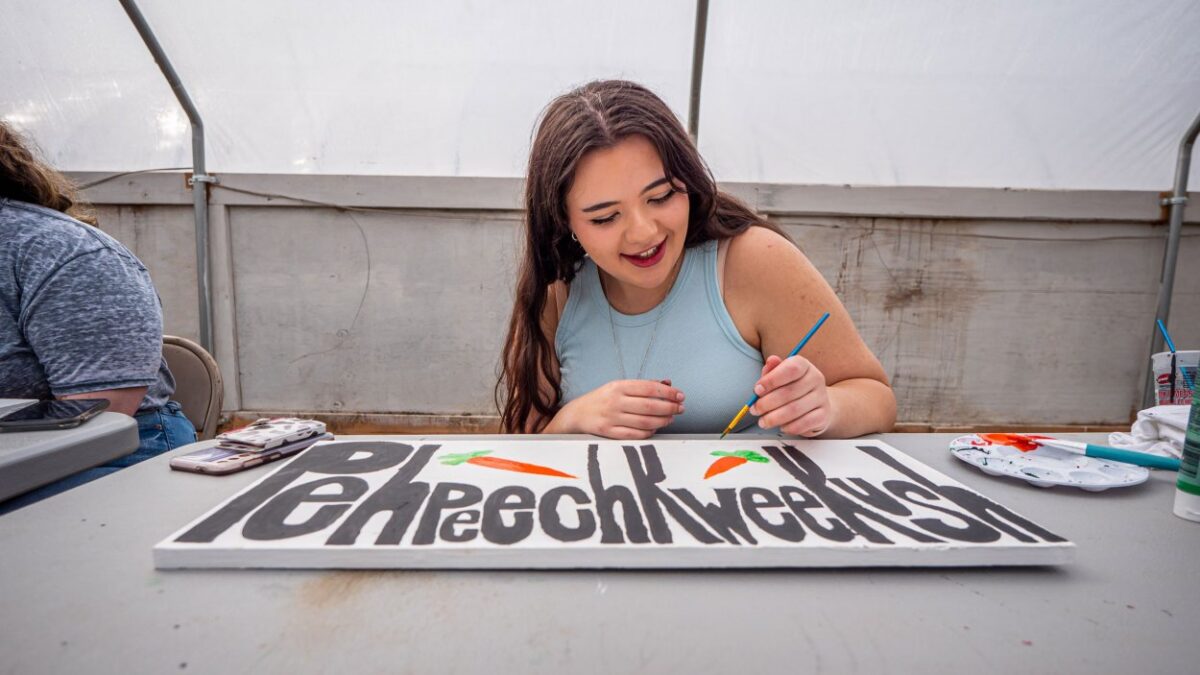
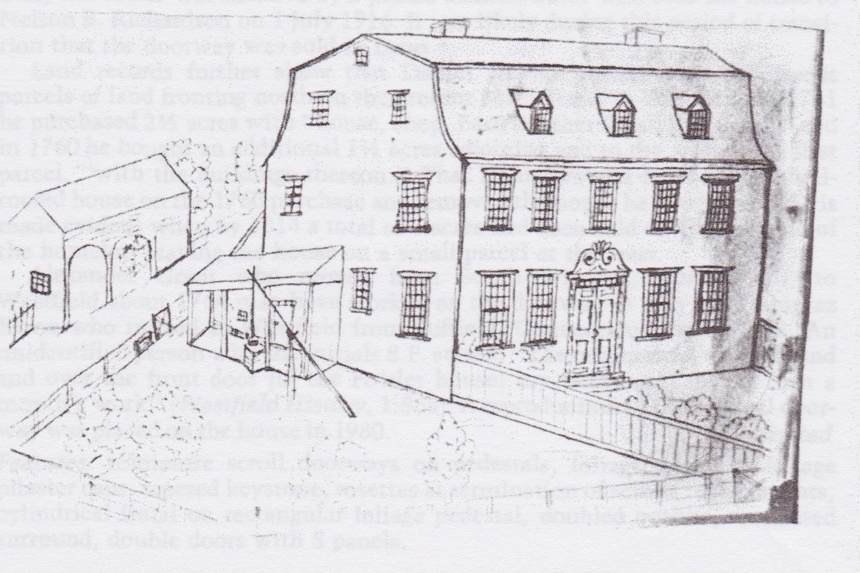

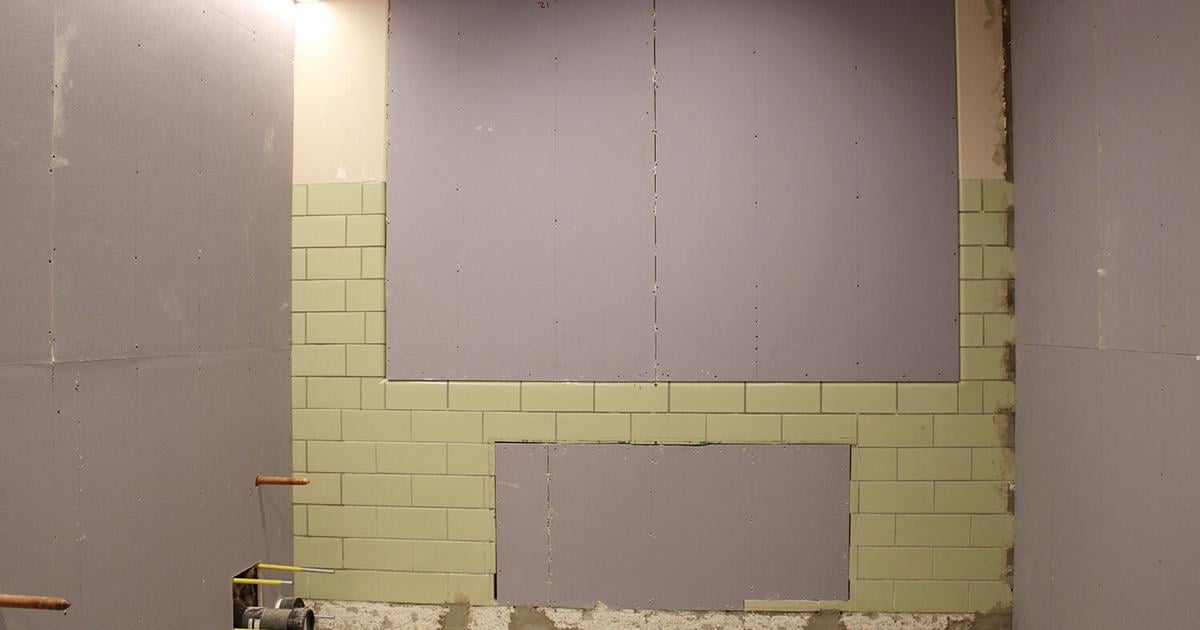
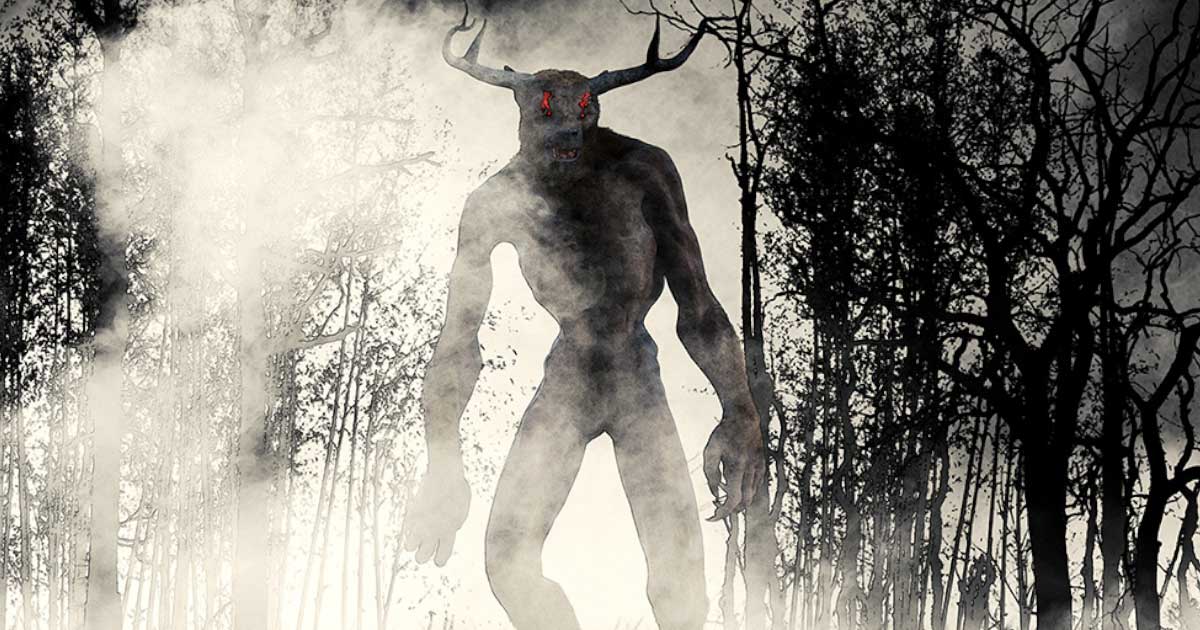
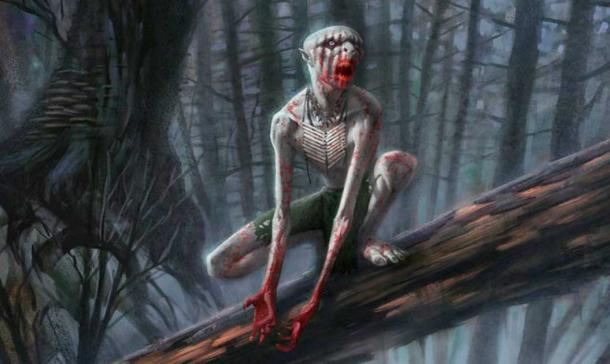
 Chippewas of the Thames First Nation was home to an Indian Residential School from 1841 to 1949 called the Mt. Elgin Industrial Institute. It was run by the Wesleyan Methodist Society, and later by the United Church of Canada’s Home Board of Missions. (United Church of Canada archives)
Chippewas of the Thames First Nation was home to an Indian Residential School from 1841 to 1949 called the Mt. Elgin Industrial Institute. It was run by the Wesleyan Methodist Society, and later by the United Church of Canada’s Home Board of Missions. (United Church of Canada archives)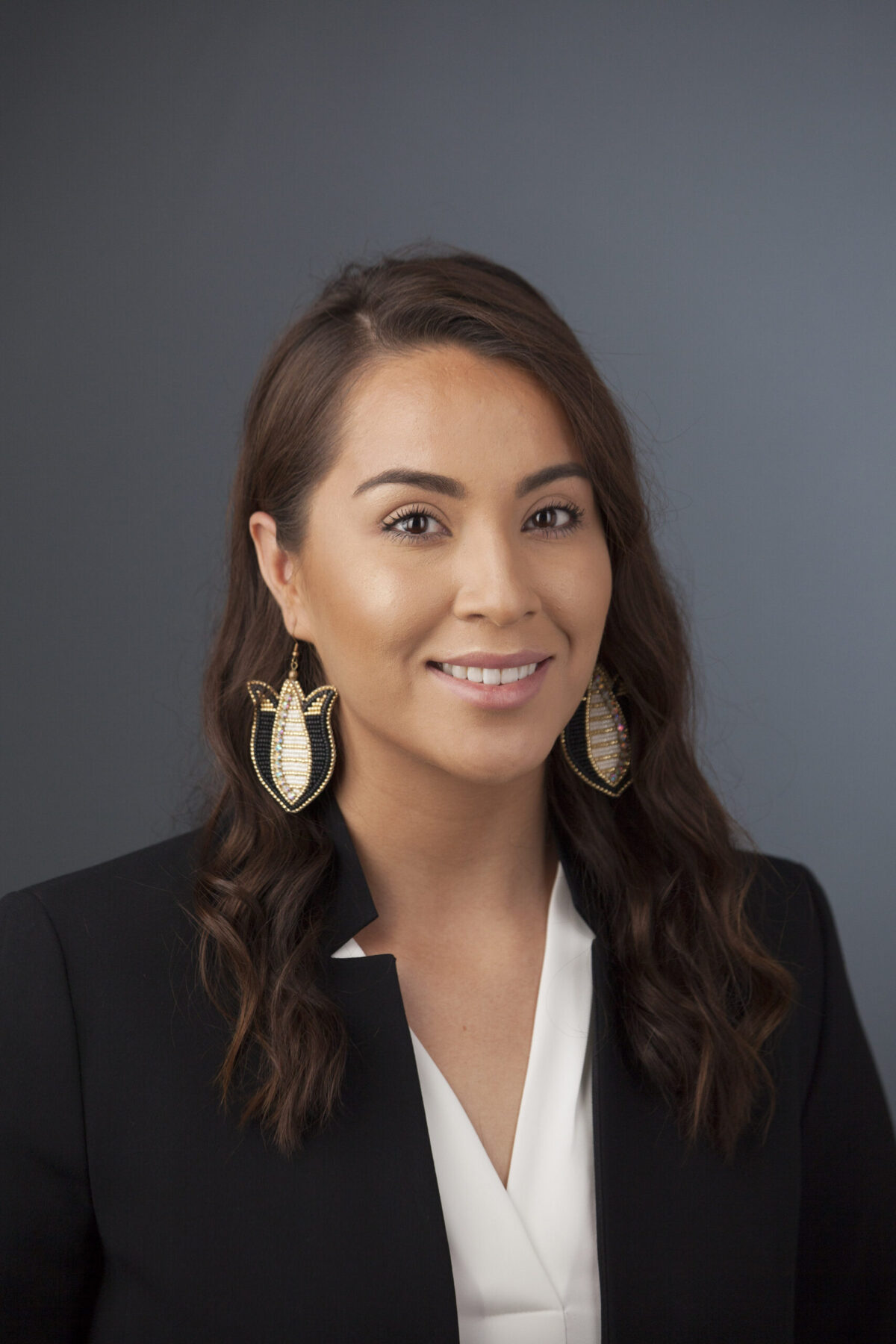

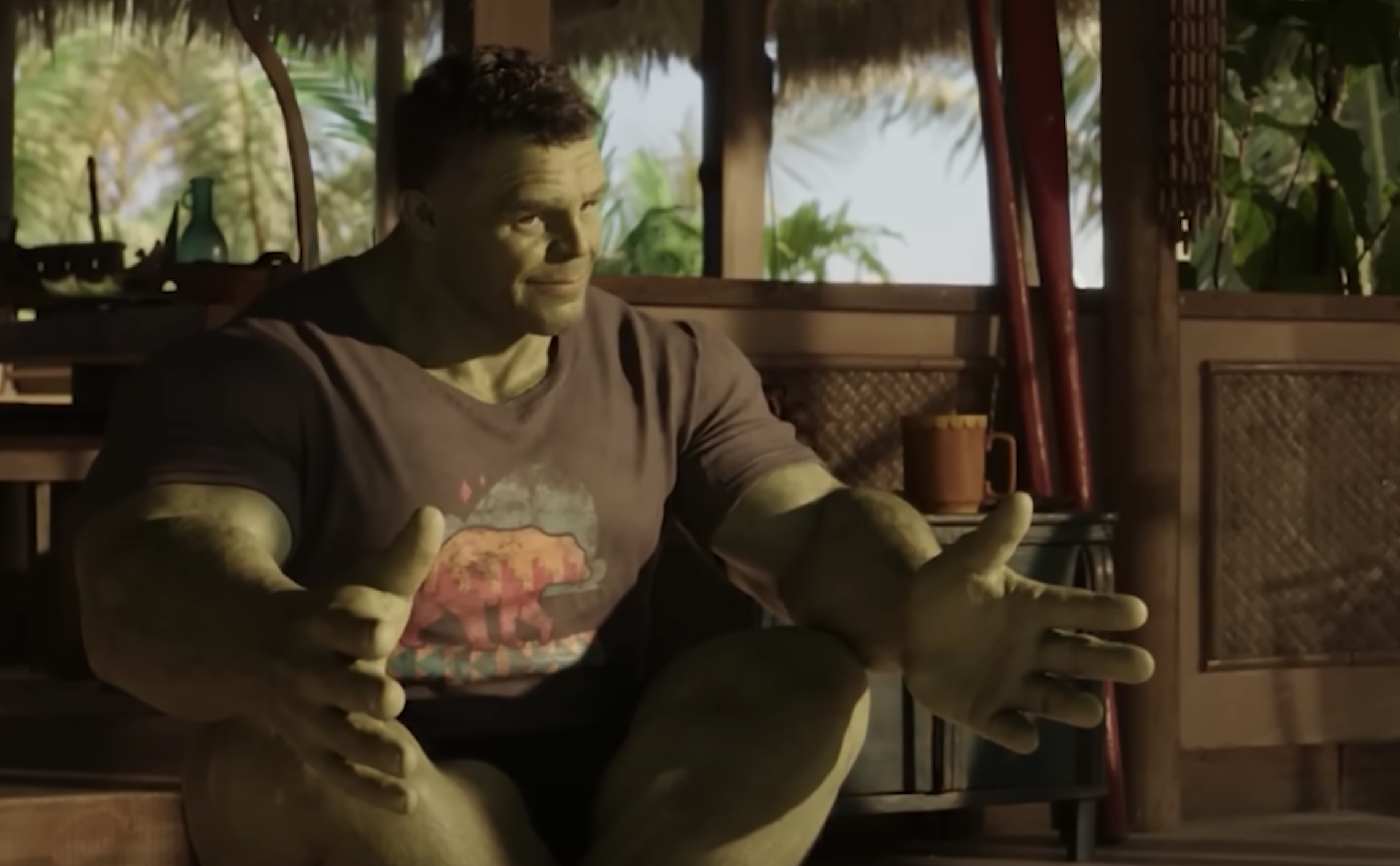
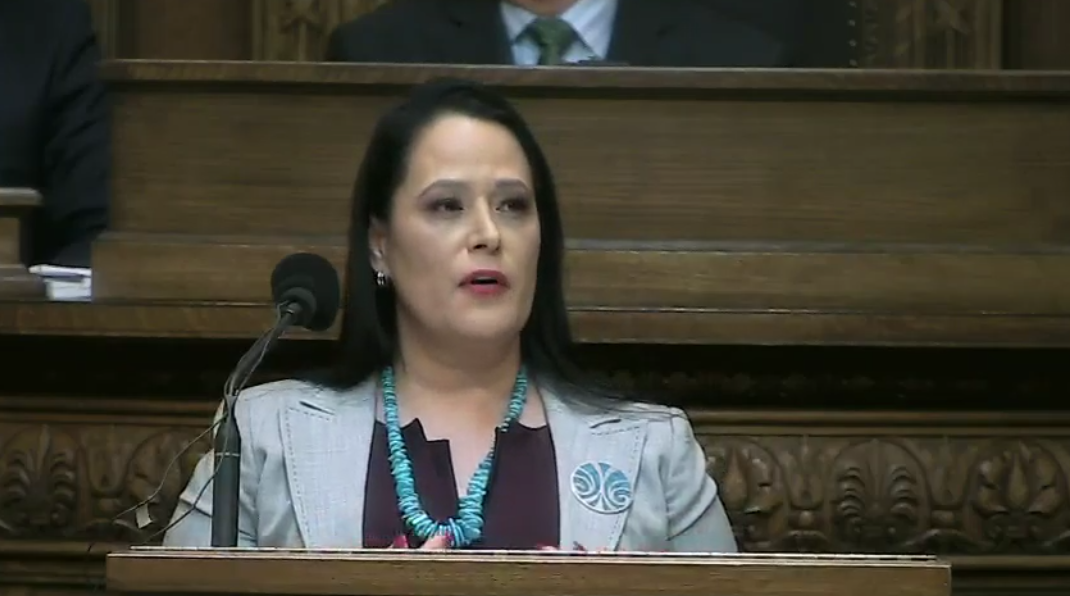
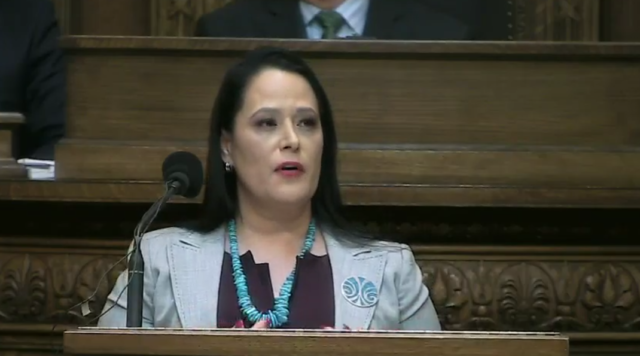
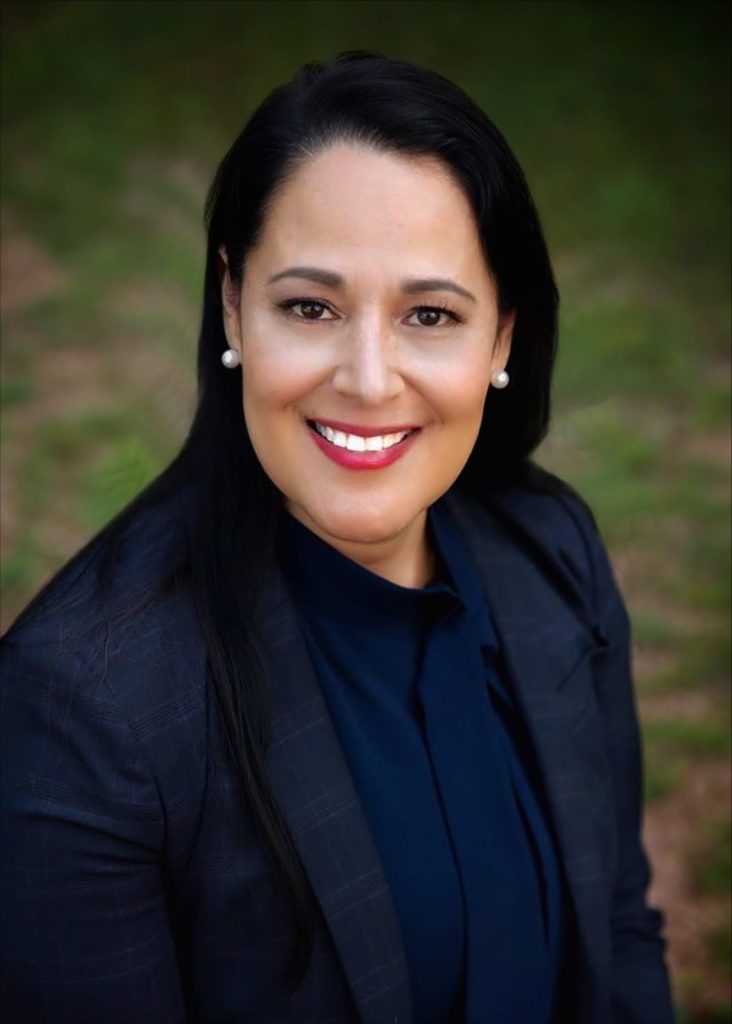 Shannon Holsey. Photo supplied.
Shannon Holsey. Photo supplied. 